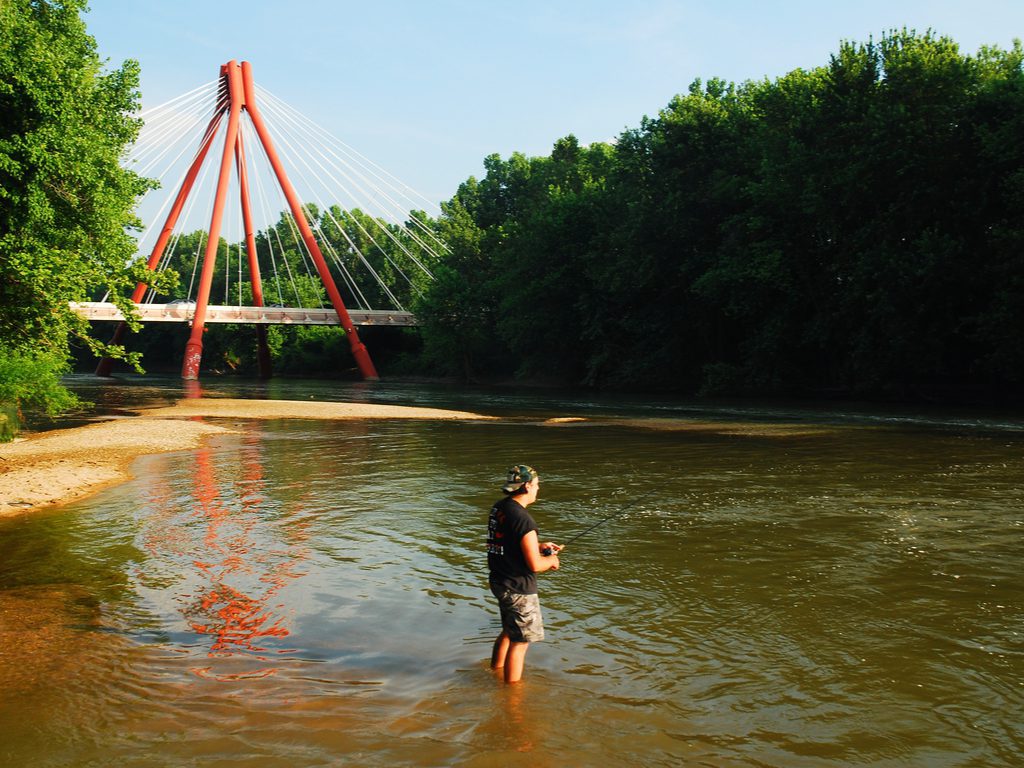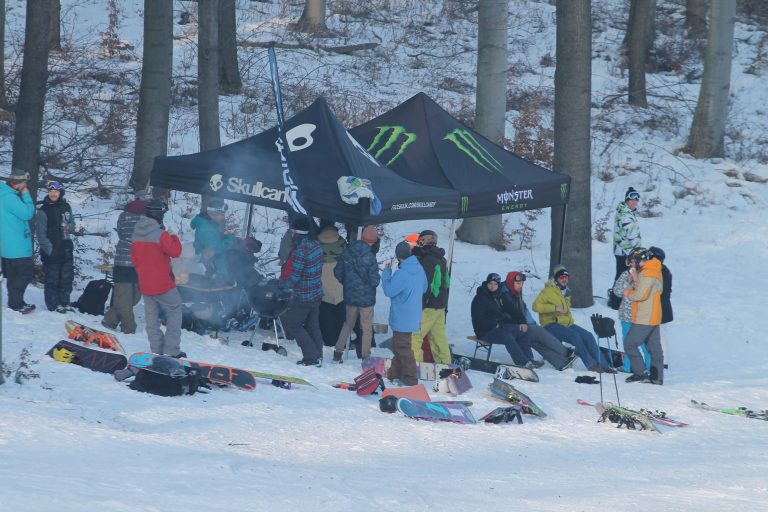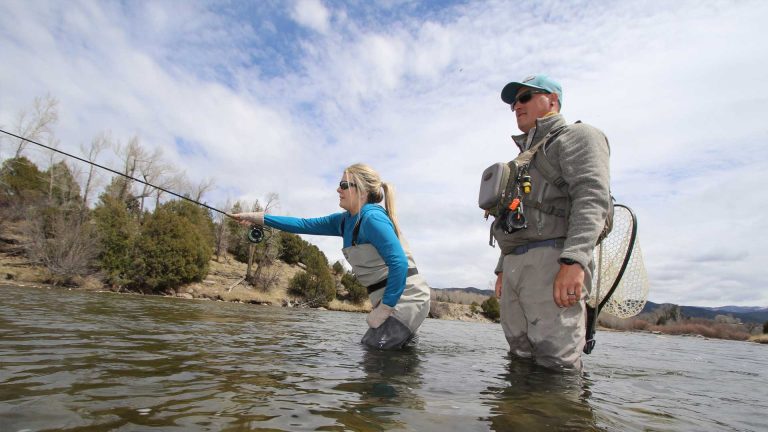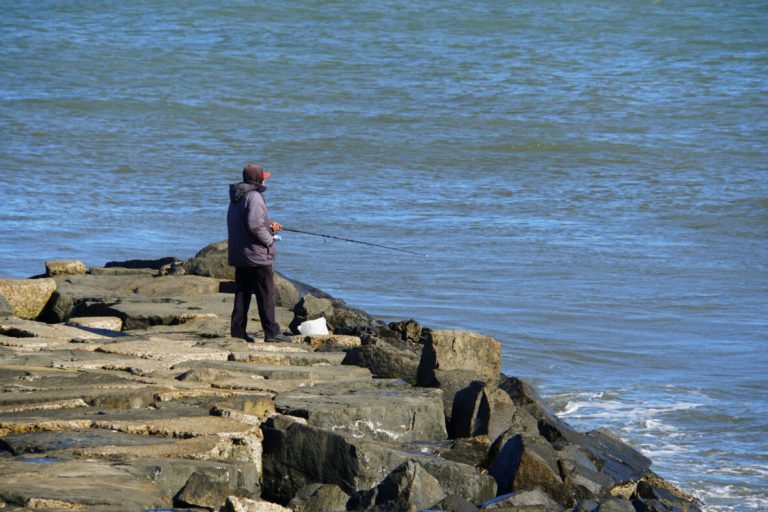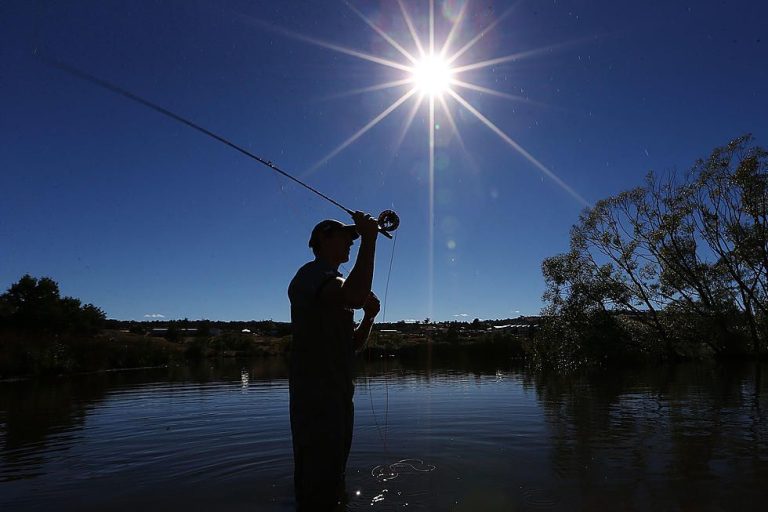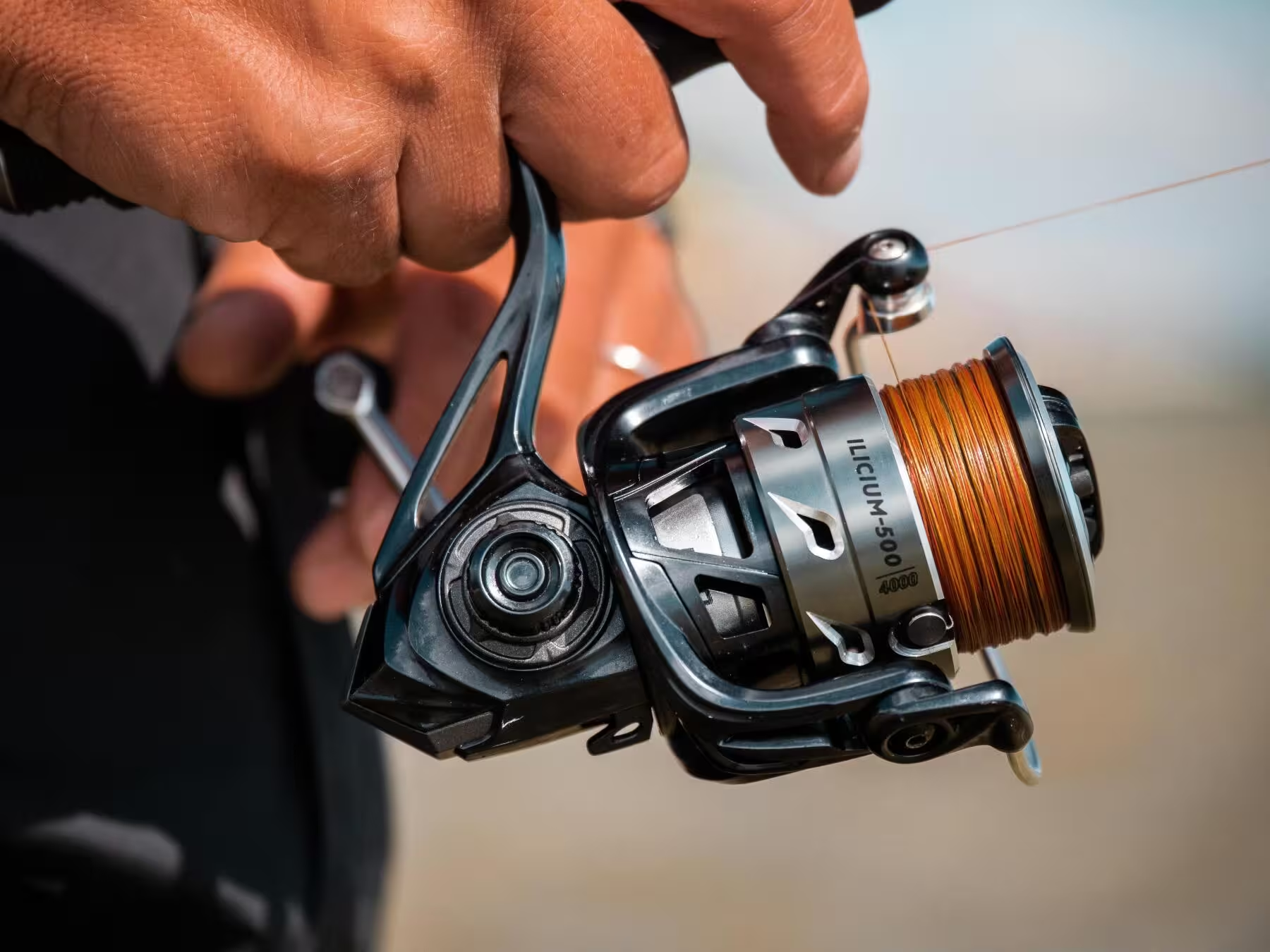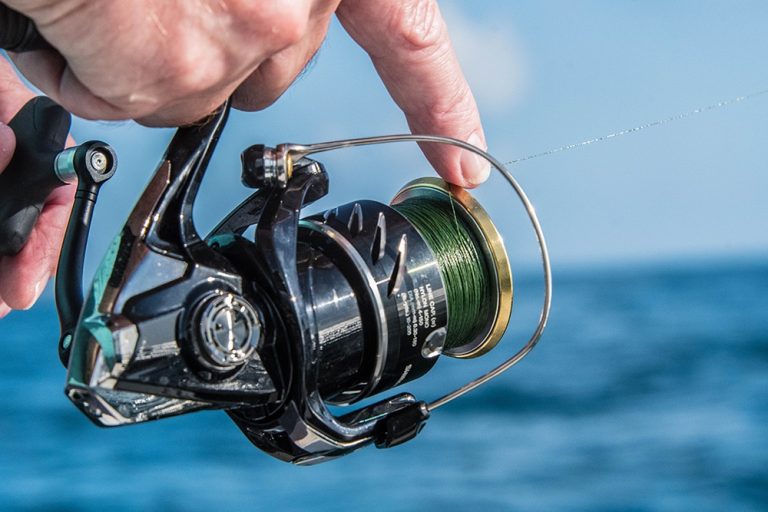Fishing in Indiana isn’t just about casting a line and hoping for the best. For many Hoosiers and visitors alike, it’s a way of life, a thriving business, or an exhilarating competitive sport. As we navigate the waters of 2025, understanding Indiana’s special fishing licenses has never been more crucial. Whether you’re aiming to turn your catch into cash, guide others through Indiana’s bountiful waters, or organize the next big tournament, this comprehensive guide will equip you with everything you need to know about special Indiana fishing licenses.
Why Special Licenses Matter
Before we dive deep into the specifics, let’s cast our minds to why these specialized permits are so important. As an avid angler who’s spent countless hours on Indiana’s lakes and rivers, I’ve witnessed firsthand how these regulations help maintain the delicate balance between enjoying our natural resources and preserving them for future generations.

Special licenses serve several key purposes:
- Ensure sustainable fishing practices
- Monitor and regulate commercial fishing activities
- Oversee professional guiding services
- Regulate fishing tournaments
- Contribute to conservation efforts through data collection and funding
By implementing these licenses, the Indiana Department of Natural Resources (DNR) can effectively manage fish populations, protect endangered species, and ensure that Indiana’s waterways remain a prime destination for anglers of all types.
Types of Special Fishing Licenses in Indiana
Indiana offers several types of special fishing licenses, each tailored to specific needs and activities. Let’s break them down:
1. Commercial Fishing Licenses
For those looking to monetize their angling skills, commercial fishing licenses are the gateway to a potentially lucrative career. Indiana offers two primary types:
a) Inland Waters Commercial Fishing License
- Cost: $40 annually (as of 2025)
- Allows selling fish from inland lakes, rivers, and streams
- Additional fees for commercial gear tags apply
b) Ohio River Commercial Fishing License
- Cost: $200 annually (as of 2025)
- Specific to the Ohio River
- Also requires additional gear tag fees
Both licenses require annual reporting of catch and gear usage, which is crucial for the DNR’s ongoing conservation efforts.
Species and Gear Restrictions
As of 2025, commercial fishing in Indiana primarily focuses on rough fish species such as carp, buffalo, and catfish. Game fish like bass and walleye are generally off-limits for commercial harvest to protect recreational fishing opportunities.
Approved gear includes:
- Gill nets (with specific mesh size requirements)
- Hoop nets
- Trotlines
- Seines
Remember, all gear must be clearly marked with the licensee’s name and license number.
Seasonal Limitations
Commercial fishing activities may be subject to seasonal restrictions to protect spawning fish and maintain healthy populations. Always check the latest Indiana DNR Commercial Fishing Regulations for up-to-date information.
2. Fishing Guide Licenses
For those passionate about sharing their fishing expertise, a guide license is essential. Here’s what you need to know for 2025:
- Cost: $150 annually
- Requirements:
- Must be at least 18 years old
- Clean record (no fish and wildlife violations in the past 5 years)
- Proof of liability insurance (minimum $500,000 coverage)
- Pass an exam on Indiana fishing regulations and aquatic ecology
Guides are limited to taking up to 5 clients at a time and must maintain daily logs of client names and catches.

The Guide License Exam
The exam is comprehensive, covering topics such as:
- Fish species identification
- Habitat conservation
- Fishing regulations and ethics
- Boating safety
- First aid and emergency procedures
Preparation resources include:
- Indiana DNR Fishing Guide Study Materials
- Online practice tests
- Workshops offered by local conservation groups
Continuing Education
As of 2025, Indiana requires licensed guides to complete 8 hours of continuing education every two years. This ensures that guides stay up-to-date with the latest regulations, conservation practices, and safety procedures.
3. Tournament Permits
Organizing a fishing tournament in Indiana requires careful planning and adherence to specific regulations. Here’s what you need to know:
Application Process
- Submit a Tournament Permit Application at least 30 days before the event
- Pay the required fee (varies based on tournament size and location)
- Provide detailed information about the tournament, including:
• Expected number of participants
• Target species
• Weigh-in procedures
• Plans for fish handling and release
Types of Tournaments and Requirements
- Small-scale tournaments (less than 50 boats or 100 anglers)
• Simplified application process
• Reduced fee structure - Large-scale tournaments
• More comprehensive application required
• May need additional permits for shore facilities
• Stricter requirements for fish care and release - Catch-Photo-Release (CPR) tournaments
• Encouraged by the DNR for minimal fish stress
• Special guidelines for photo verification
For the most up-to-date information on tournament regulations, visit the Indiana DNR Fishing Tournament Page.
Costs and Reporting: The Bottom Line
Understanding the financial aspects and reporting requirements is crucial for compliance. Here’s a breakdown for 2025:
| License Type | Annual Cost | Additional Fees |
|---|---|---|
| Inland Commercial | $40 | Gear tags (varies) |
| Ohio River Commercial | $200 | Gear tags (varies) |
| Fishing Guide | $150 | None specified |
| Tournament Permit | $25 – $200 | Based on size and location |
Reporting Requirements
- Commercial fishers: Submit monthly reports detailing catch by species, location, and gear type
- Guides: Maintain daily logs of client information and catches, submitted quarterly
- Tournament organizers: Provide post-event reports including participant numbers and catch data
Penalties for Non-Compliance
Failure to comply with reporting requirements or fishing regulations can result in:
- Fines (up to $500 for first offenses)
- License suspension or revocation
- Potential criminal charges for severe violations
How to Obtain Your Special License
Ready to take the plunge into the world of special fishing licenses? Here’s a step-by-step guide:
- Determine the license you need
• Review the requirements for each license type
• Consider your long-term goals and commitment level - Gather required documentation
• Valid Indiana driver’s license or ID
• Social Security number
• For commercial licenses: Sales tax certificate
• For guide licenses: Proof of liability insurance - Complete the application
• Visit the Indiana DNR Online Licensing System
• Create an account or log in to an existing one
• Select the appropriate license type
• Fill out all required information accurately - Pay the fees
• Use a credit card or electronic check
• Print your temporary license immediately after payment - For guide licenses: Schedule and pass the exam
• Book your exam date through the DNR website
• Study using provided materials and resources
• Pass the exam with a score of 80% or higher - Receive your official license
• Physical licenses are typically mailed within 7-10 business days
• Digital licenses are available immediately through the DNR app
Renewal Process
Most special licenses in Indiana require annual renewal. Set a reminder to renew your license at least 30 days before expiration to ensure continuous coverage.

The Future of Special Fishing Licenses in Indiana
As we look ahead, several factors are shaping the future of special fishing licenses in Indiana:
Proposed Changes to Licensing Laws
As of 2025, the Indiana DNR is considering several changes to strengthen conservation efforts:
- Implementing an online reporting system for all special license holders
- Introducing a tiered guide license system based on experience and waters fished
- Expanding the commercial fishing license to include certain invasive species
Climate Change and Regulatory Responses
The changing climate is already impacting Indiana’s fisheries, potentially leading to:
- Shifts in fish species distribution
- Changes in spawning patterns and seasons
- Increased prevalence of invasive species
In response, the DNR may implement:
- More flexible season dates for commercial and guide fishing
- Stricter regulations on certain species to protect vulnerable populations
- Increased focus on habitat restoration and protection in licensing requirements
Conclusion: Cast Your Line with Confidence
As we navigate the ever-changing waters of Indiana’s fishing landscape in 2025, special fishing licenses remain a crucial tool for balancing recreational enjoyment, commercial interests, and conservation needs. Whether you’re a seasoned pro or just starting your journey into the world of professional fishing, understanding and complying with these regulations is key to success.
Remember, the world of fishing regulations is dynamic, reflecting our growing understanding of aquatic ecosystems and the challenges they face. Stay informed, stay compliant, and most importantly, stay passionate about fishing. Your participation and adherence to these special licenses play a vital role in preserving Indiana’s rich fishing heritage for generations to come.
So, what are you waiting for? Dive into the world of special Indiana fishing licenses and take your angling adventures to the next level. The waters are calling – it’s time to answer responsibly and with purpose!



